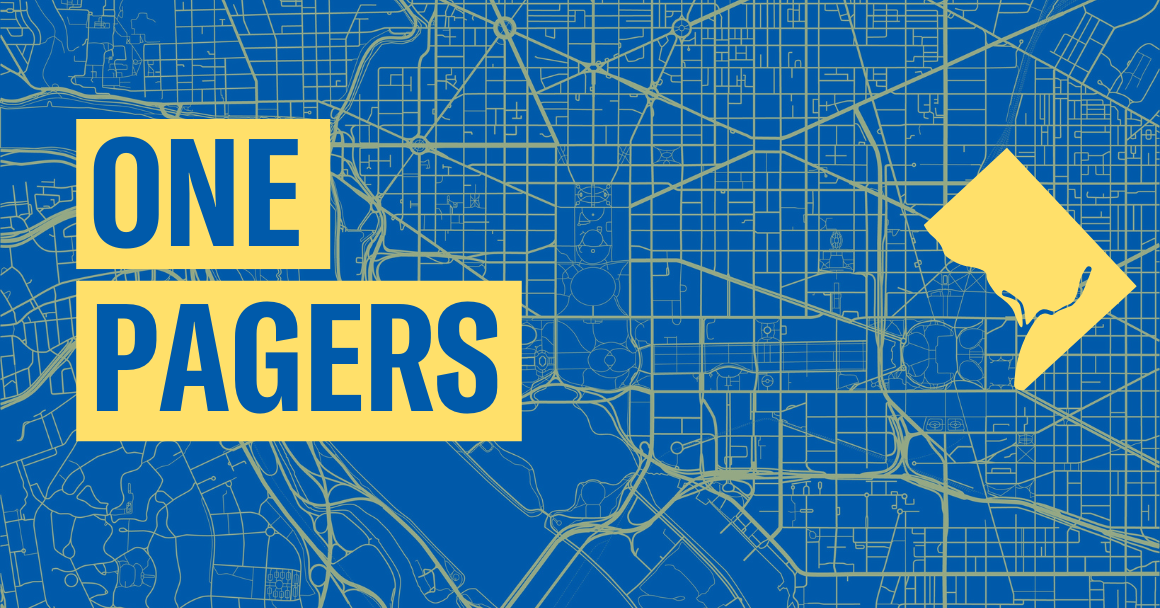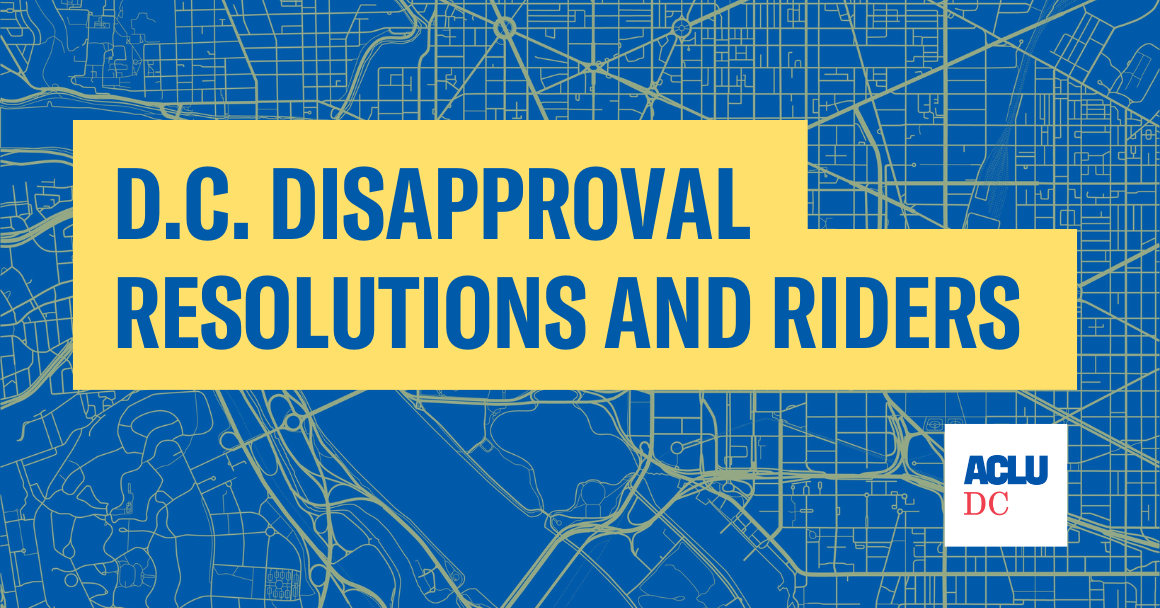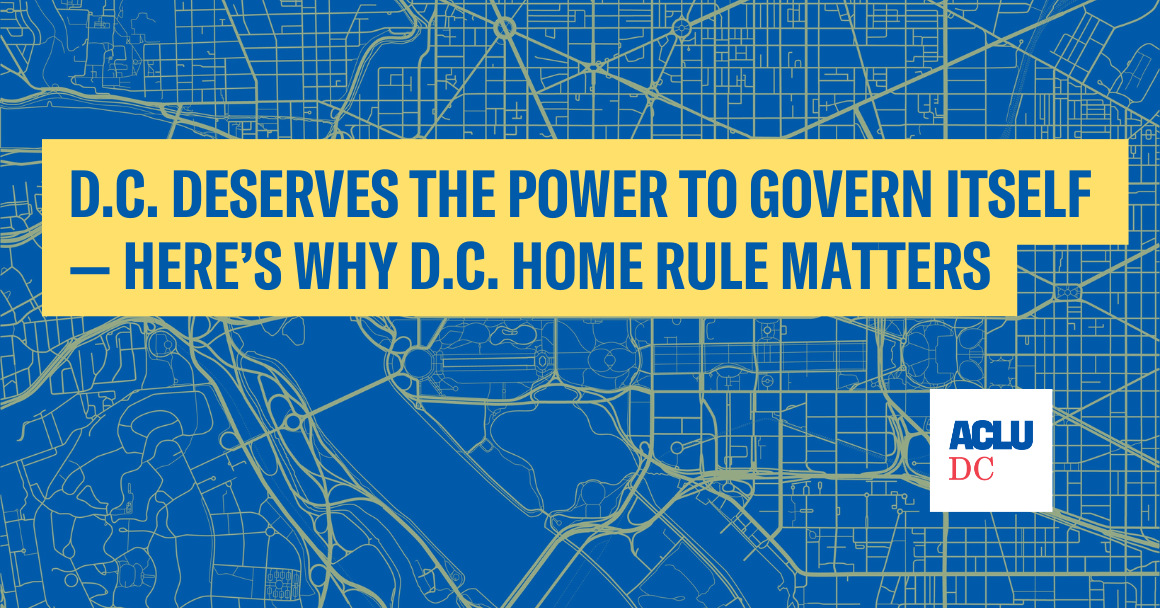Most forms of local D.C. law are transmitted to Congress for a specified review or “layover” period. The length of the layover period differs based on the type of law the District has enacted (60 days for criminal legislation and 30 days for other acts). The layover period excludes Saturdays, Sundays, federal holidays, and days on which neither the House nor the Senate is in session because of an adjournment sine die or pursuant to an adjournment resolution. In practice, the start and end date of the review period is subject to the interpretation of the House or Senate Parliamentarian. Under the Home Rule Act, any Member of the House or Senate may introduce a qualifying joint resolution disapproving a D.C. law any time after the law has been submitted to Congress and before the expiration of the layover periods described above.
Date
Friday, May 2, 2025 - 3:00pmFeatured image

Show featured image
Hide banner image
Documents
Show related content
Tweet Text
Share Image
Type
Show PDF in viewer on page
Style
Show list numbers
Description
D.C. Home Rule is shorthand for the D.C. Home Rule Act of 1973, which allows D.C. residents to elect the mayor, D.C. Councilmembers, and Advisory Neighborhood Commissioners who run day-to-day affairs in the District. Before the passage of Home Rule, federally appointed commissioners and members of Congress—never elected by D.C. residents—shared the responsibility of running the District's local laws and budget. Congressional offices fielded calls about D.C.’s potholes, trash pickup, schools, and crime, in addition to all the calls they were getting from their constituents in their home states.
Before the Home Rule era, Congress struggled to manage D.C., and D.C. residents who demanded improvements regularly reminded members of Congress of their responsibility. By 1973, after nearly 100 years of trying to manage local affairs, many members of Congress were eager to give up the responsibility—even those who had wanted to maintain power over the majority-Black District. Members of Congress expressed their desire to stop managing the District’s day-to-day affairs. They passed the D.C. Home Rule Act, which itself explains that the “intent of Congress is to delegate certain legislative powers to the government of the District of Columbia” to “relieve Congress of the burden of legislating upon essentially local District matters.”
Date
Friday, May 2, 2025 - 10:45amFeatured image



